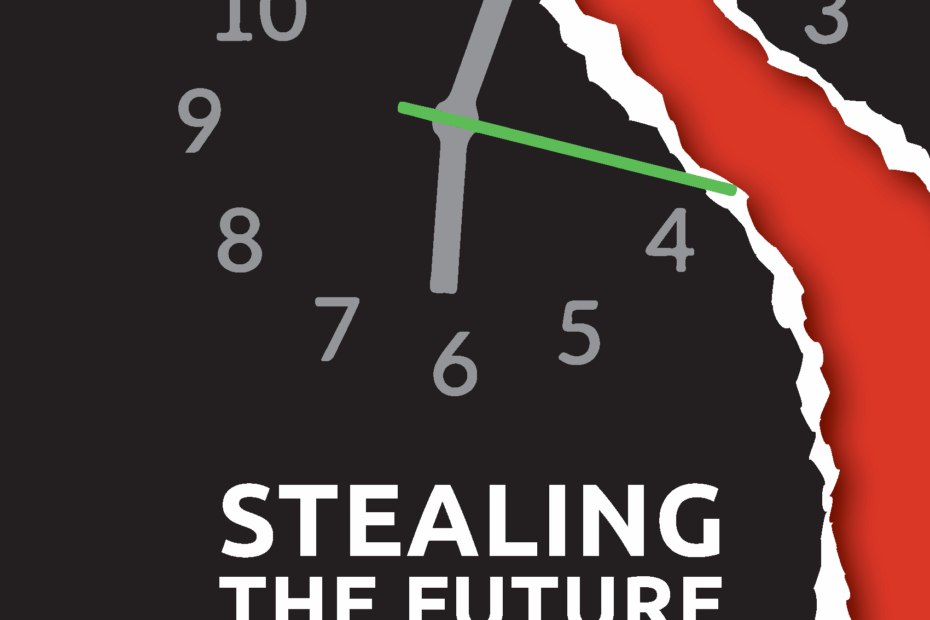In this synthesis report, we present a memorandum delivered by the Okoa Uchumi Campaign to the Board of Directors of the International Monetary Fund (IMF) and other stakeholders at the Spring meetings of the Bretton Woods Institutions in April 2025, updated with a preliminary analysis of the Budget Estimates and Finance Bill 2025/26 recently tabled in the National Assembly by government. The insights contained will flow into a final report – People’s Governance and Corruption Diagnostic – which is part of a collaboration between the Africa Centre for Open Governance (AfriCOG) and the Okoa Uchumi Campaign. The Campaign is a civil society platform convened by The Institute for Social Accountability (TISA) committed to addressing Kenya’s public debt crisis.
People’s Governance and Corruption Diagnostic is an alternative to the officially agreed process between the Government of Kenya and the International Monetary Fund regarding the assessment of governance vulnerabilities—including corruption—that are critical to the country’s macroeconomic performance.
Civil society’s objective in this process is to ensure the inclusion of a people-centred perspective by producing its own report to inform the public, the IMF, government and key stakeholders on what should change in the governance of Kenya. Righting the many wrongs cannot merely be an exercise in ticking the boxes of agreed technical “reforms”. Kenyans, and particularly the young – who see their future being stolen before their eyes – demand an end to the corruption that drives unsustainable debt.
As this report shows, the IMF bears its share of the blame for the morass that Kenya finds itself in, having long enabled the governing elite’s ravenous appetite for debt.
AfriCOG is an independent, non-profit organisation that provides research and monitoring on governance and public ethics issues to address the structural causes of Kenya’s unfolding governance crisis.
